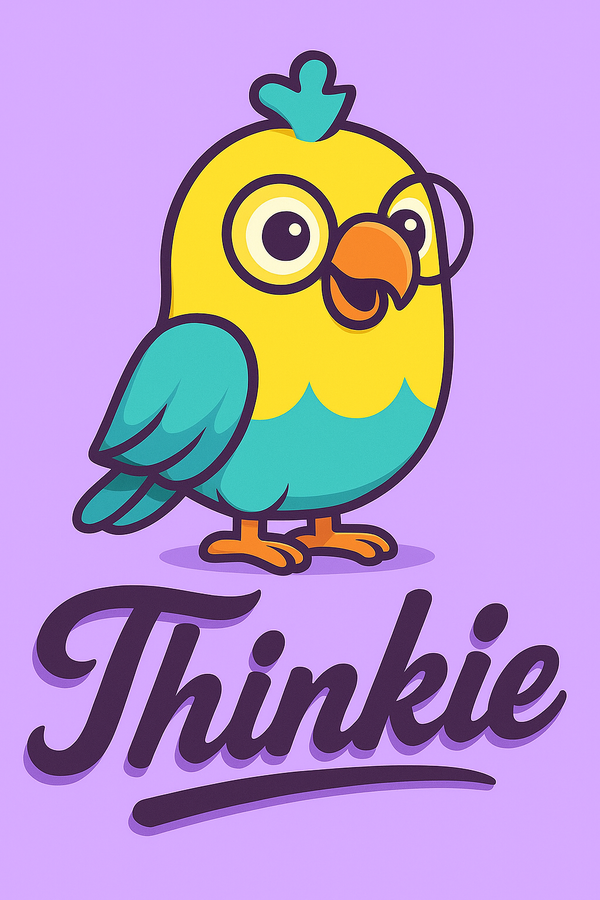
Try a ‘Play Diary’: How Reflecting on Playtime Builds Stronger Bonds
Share
In today’s busy world, many families rush through playtime without really noticing its magic. But what if you could capture those joyful moments—and learn from them? A simple “play diary” is an easy and meaningful way to strengthen your bond with your child and support their development.
What Is a Play Diary?
A play diary is just what it sounds like—a short daily or weekly note about what your child played, how they felt, and what you both enjoyed. According to Fleer and Hammer (2013) in Mind, Culture, and Activity, reflective practices like this help parents become more aware of children’s learning and emotions during play.
Why Reflection Matters
Writing about playtime helps you see what makes your child light up. Did they build a tall tower for the first time? Did they pretend to fly to the moon? These details give clues about their interests, fears, and strengths.
A study by Papatheodorou (2010) shows that when parents reflect on play, they can better support emotional and social growth. It’s also a beautiful memory book for you both to look back on!
How to Start a Play Diary
-
Keep it simple: Just jot down a few sentences or take a photo.
-
Involve your child: Let them draw or add stickers to their diary.
-
Review together: Every few weeks, read your diary together. Celebrate progress and talk about new play ideas.
The Long-Term Benefit
This habit doesn’t just help kids—it helps parents stay mindful, too. You’ll be more present and engaged, making everyday moments feel more special.
📚 References
-
Fleer, M., & Hammer, M. (2013). Emotional Imagination: Emotional Imaginary Play Worlds in Play-Based Learning. Mind, Culture, and Activity, 20(3), 240–259.
-
Papatheodorou, T. (2010). Reflective Practice in Early Years. SAGE Publications.
